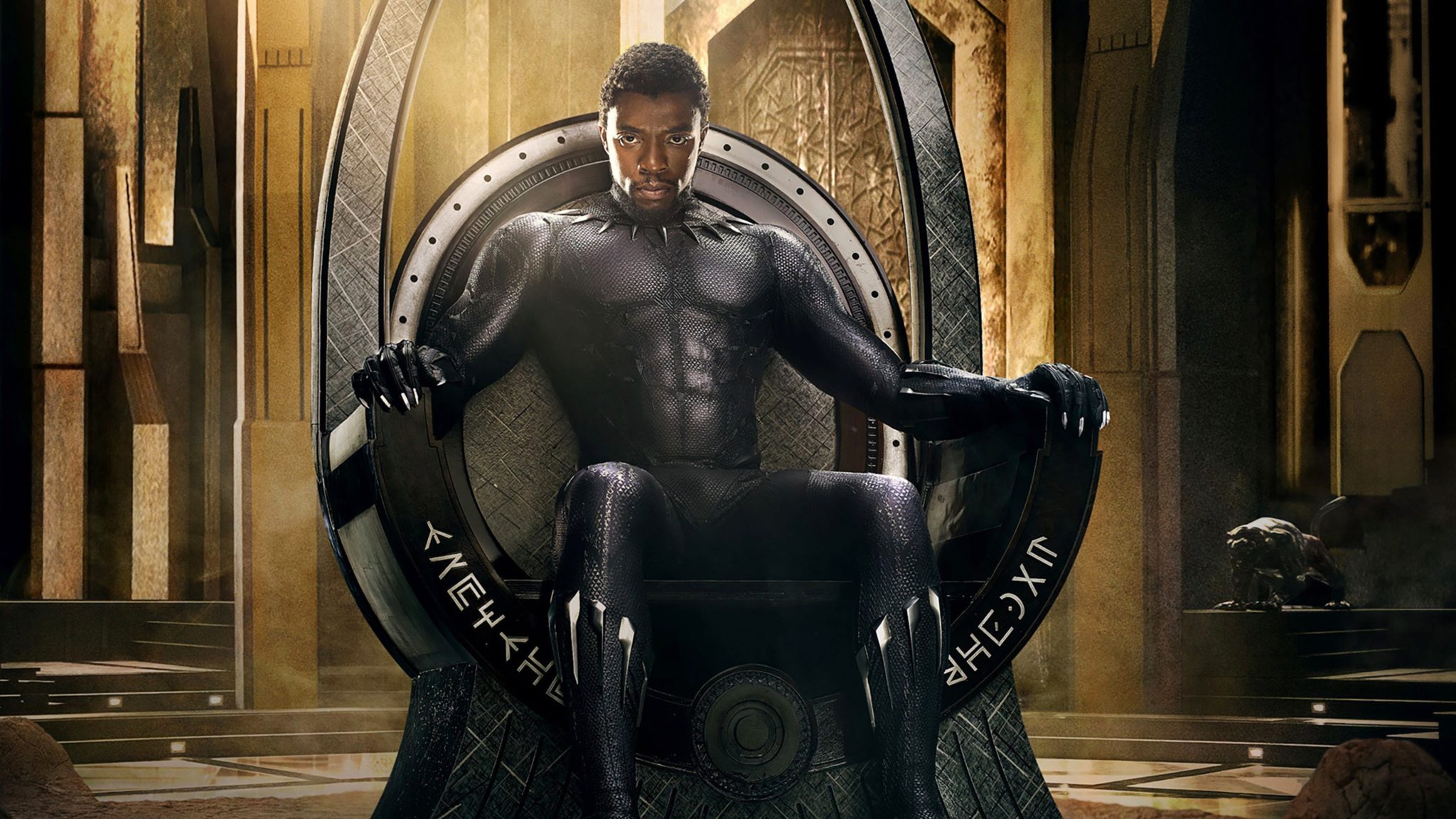By Isaac Butler
By now you’ve got to be living under a rock to have not heard about Black Panther, the latest addition to the Marvel film timeline. You’ve probably seen it, probably discussed it with friends, probably seen black twitter’s incessant excitement for the film and its characters. At face value, this is another superhero movie with the standard plot and action sequences that we’ve come to expect from Marvel. So why does this one stand out? I’ve seen plenty of articles detailing the numerous reasons why Black Panther is such an important film, and they all lead back to one thing: representation.
Before Black Panther, I knew Chadwick Boseman for his role as Jackie Robinson in the movie 42, which chronicled the racial integration of the well-known black professional baseball player into the Major Leagues. Lupita Nyong’o is arguably best known as Patsey from 12 Years a Slave, a historical drama depicting the harsh realities of slavery in the United States. Daniel Kaluuya’s breakout performance was as Chris in Get Out, a black man who comes to realize his white girlfriend and her family share a disturbing secret. Michael B. Jordan’s breakthrough performance was as Oscar Grant in Fruitvale Station, a film based on the events of the real-life murder of Grant by a white police officer in Oakland, California. Letitia Wright, a relative newcomer to the silver screen, is best known for her role as Nish in the Black Mirror episode “Black Museum”, where she takes revenge on a man who profited off of the torture of her father by racist sadists. Angela Bassett, an accomplished actress, has played historical figures such as Betty Shabazz (wife of Malcom X), Rosa Parks, and Coretta Scott King.
Seeing the pattern? Almost every single star of Black Panther has played a role whose significance is centered on the tumultuous and oftentimes violent relationship between black and white people. For many of the stars, these are close to the only roles that they’ve played, solely because they are what Hollywood has to offer black people. If you’re not playing a real-life historical figure, then your options are typically servants, slaves, thugs, and ghetto mothers. Are these roles important? Absolutely. Racial tensions cannot be undermined or ignored, and the real-life characters born out of those tensions have stories that need to be shared. Nevertheless, the characters black actors are typically offered are usually not role models or fantastical heroes. Let’s be honest; no little black girl is going to hang a picture of Harriet Tubman on her bedroom wall.
Black Panther breaks these conventions by offering a vast array of exciting black characters whose merit and appeal have almost nothing to do with their relationships to white people, characters who can be celebrated by black people both young and old. Boseman’s T’Challa and Jordan’s Killmonger are two sides of a nuanced coin of leadership and black power, but the real stars of the movie are its women. Basset’s Queen Ramonda is the perfect encapsulation of maternal regality, with the braids to match. Danai Gurira’s General Okoye is a powerhouse, an unstoppable physical force with enough character refinement to prevent her from falling into the trope of “strong black woman”. Nyong’o’s Nakia, like so many other black women in media, doesn’t need a man, yet doesn’t let this stop her from expressing her affection for T’Challa. Her rekindling of their relationship takes nothing away from her strength, and doesn’t feel forced in any capacity. Wright’s Shuri is the shining star of the film from the moment she flips off her brother and through the rest of the film whether she’s piloting a car through the streets of Busan or blasting Killmonger with her power gauntlets. Shuri is the loving sister, the scientific genius, the modern and trendy warrior princess that every black girl who sees this movie will want to be someday.
In a world where whitewashed film characters are all too common and the diversity of the roles offered to black actors is limited, Black Panther goes above and beyond in showing the marketability and appeal of purposefully black heroes and villains and in meeting the demand for a storyline where blackness is unapologetically complete and celebrated. Perhaps this will be the beginning of the end of the myth that black films don’t sell. Perhaps soon our movies will be filled with more Shuri’s and T’Challa’s.

